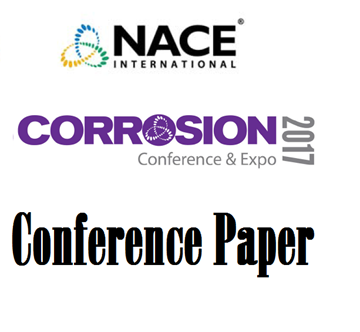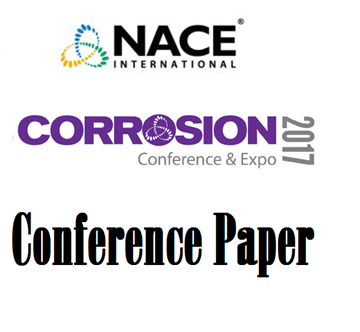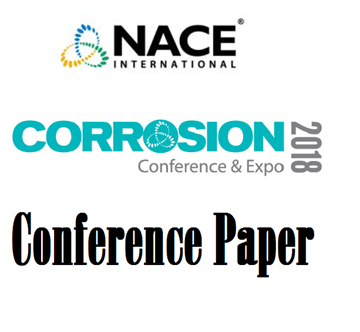Search
51318-11231-Effects of Seasonal Variation on AC Interference and Mitigation Design
Also Purchased
AC Interference and Mitigation: Heartland Case Study
Product Number:
51317--9461-SG
ISBN:
9461 2017 CP
Publication Date:
2017
$20.00
The AC Close Interval Survey and Other Common AC Measurement Errors
Product Number:
51317--9455-SG
ISBN:
9455 2017 CP
Publication Date:
2017
$20.00
51318-11285- Minimizing HVAC Interference on Pipelines Through Transmission Line Design Optimization
Product Number:
51318-11285-SG
Publication Date:
2018
$20.00




